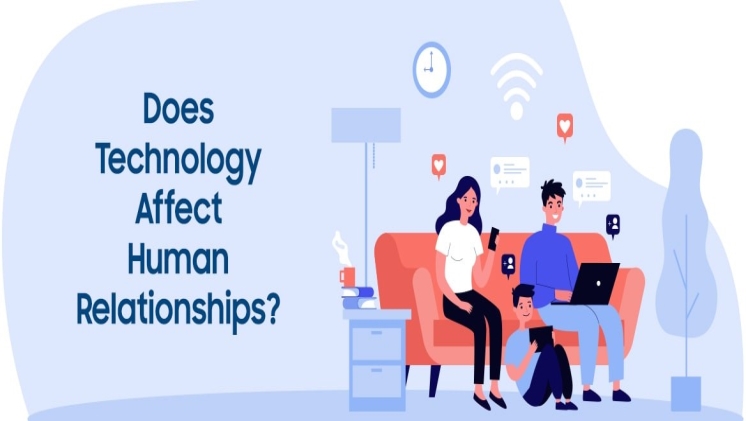Introduction:
In the era of digitization, social media has emerged as a revolutionary force, reshaping the way we communicate, share, and connect. From personal interactions to global conversations, social media platforms have become integral to our daily lives. This article explores the multifaceted dimensions of social media, delving into its societal impact, communication dynamics, and the challenges it navigates in our ever-connected world.
Body:
Connectivity Redefined: At its core, social media serves as a dynamic bridge, connecting individuals across geographical boundaries and cultural spectrums. Platforms like Facebook, Twitter, and Instagram have transformed the way we communicate, allowing instant sharing of experiences, thoughts, and ideas. The result is a global interconnectedness that transcends physical limitations, fostering a sense of community in the digital realm.
Information Dissemination and Global Awareness: Social media has revolutionized the way information circulates, providing a real-time conduit for news, trends, and cultural movements. Whether through citizen journalism on Twitter or visual storytelling on platforms like Instagram, users can access diverse perspectives and contribute to global conversations. However, this immediacy also brings forth challenges related to the authenticity and reliability of information shared, necessitating critical media literacy.
Digital Identity and Self-Presentation: Social media platforms serve as digital canvases where individuals paint intricate portraits of their lives. Users curate their online personas through posts, photos, and videos, shaping their digital identities. While this curated self-presentation offers a medium for self-expression and connection, it prompts discussions around authenticity and the psychological impact of social comparison on mental well-being.
Influencer Culture and Brand Impact: The rise of influencers has transformed social media into a powerful influencer marketplace. Individuals with substantial followings wield significant sway over consumer trends, collaborating with brands to shape purchasing decisions. This dynamic has led to ethical considerations concerning transparency in advertising and the authenticity of influencer-brand relationships, blurring the lines between personal content and promotional material.
Mental Health Implications: The omnipresence of social media has spurred conversations about its impact on mental health. The constant exposure to curated lives, the pressure to conform to societal ideals, and the prevalence of cyberbullying contribute to heightened stress and anxiety levels. Acknowledging these challenges, social media platforms are introducing features and initiatives focused on user well-being, such as content warnings, mental health resources, and tools for managing screen time.
Privacy Concerns and Ethical Dilemmas: The sharing of personal data on social media platforms has ignited heightened concerns about privacy. Tech companies collecting user data for targeted advertising raise ethical questions regarding user consent and the responsible use of personal information. Striking a balance between personalized experiences and safeguarding user privacy remains an ongoing challenge, prompting discussions about digital ethics and the ethical implications of data usage.
Evolving Trends and Emerging Platforms: The social media landscape is a dynamic space, continuously shaped by emerging trends and the introduction of new platforms. From the ascendancy of visual storytelling on platforms like Snapchat and TikTok to the potential integration of augmented reality (AR) and virtual reality (VR), users play a pivotal role in steering the evolution of these platforms. The digital space remains in a constant state of innovation, presenting new opportunities for engagement and connection.
Conclusion:
Social media, as a digital revolution, has permeated every facet of modern life, transforming the way we communicate, connect, and perceive the world. Its impact is undeniable, from creating global communities to influencing cultural narratives and shaping personal identities. As we navigate this digital realm, it is crucial to acknowledge both the positive and challenging aspects of social media.
Fostering a culture of digital literacy, responsible engagement, and ethical consideration is essential in harnessing the potential of social media while mitigating its pitfalls. The journey through the dynamic landscape of social media requires adaptability, critical reflection, and a collective commitment to shaping a virtual space that enhances the fabric of our interconnected society.

